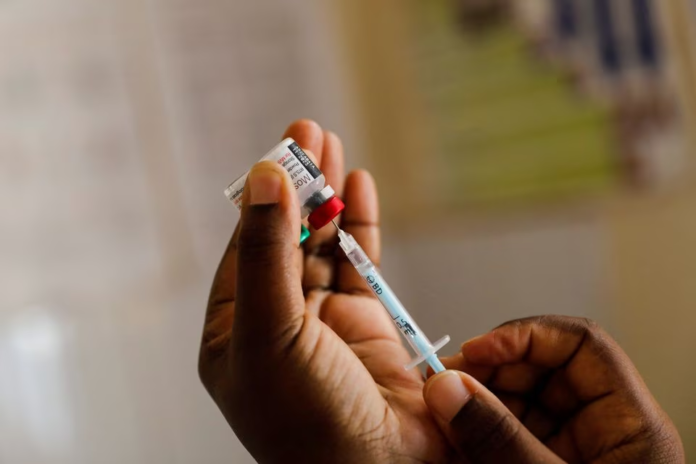
The Tempane District in Ghana has faced significant challenges in healthcare delivery due to infrastructure deficits, according to Eugene Osei Yeboah, the District Director of the Ghana Health Service.
In an interview, Mr. Yeboah revealed that over the past years, the district has struggled with inadequate infrastructure, leading to difficulties in accessing healthcare facilities.
As a result, many pregnant women have been forced to deliver at home due to the lack of nearby health facilities.
However, Mr. Yeboah highlighted that with support from partners, there has been some improvement in addressing the infrastructure challenges.
Despite this progress, he emphasized that more support is needed to fully address the remaining challenges.
During the end-of-year review at Tempane, Mr. Yeboah reiterated the need for continued assistance from partners, noting that some Community-based Health Planning and Services (CHPS) compounds are still operating under inadequate conditions, with some even functioning under trees.
Additionally, Mr. Yeboah expressed concerns about low vaccination rates in the area, emphasizing the importance of addressing this issue to ensure the health and well-being of the community.
The disclosure of these infrastructure challenges underscores the ongoing efforts needed to strengthen healthcare delivery in the Tempane District and the critical role of partnerships in addressing these issues effectively.






